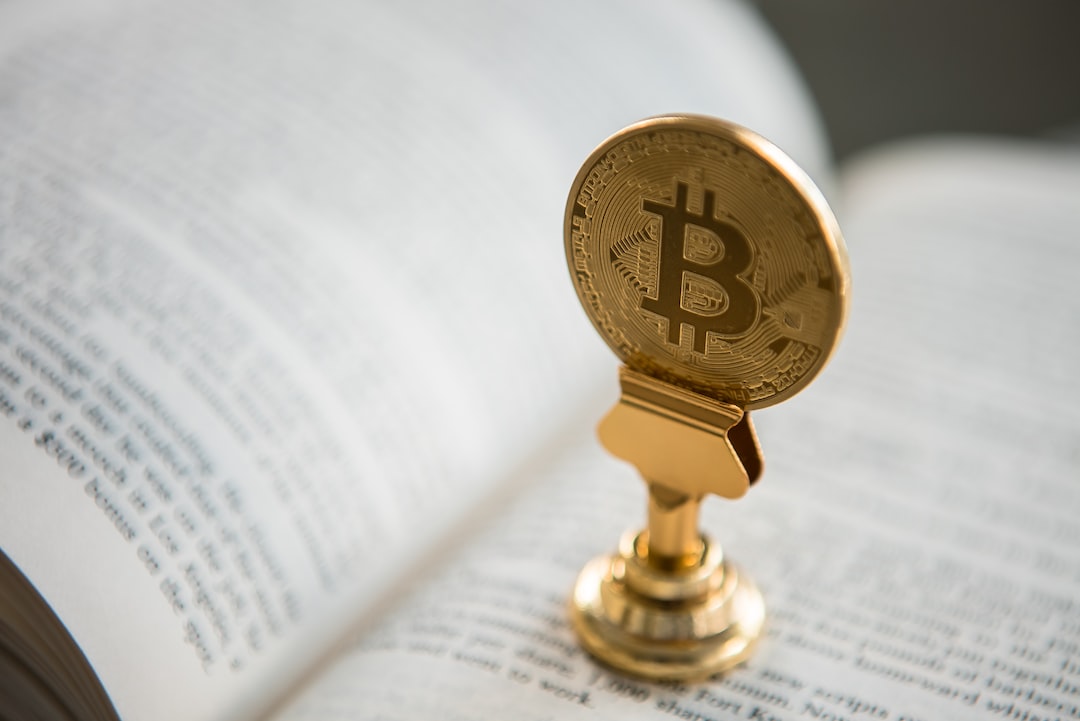The Controversial Stablecoin Bill: What You Need to Know
This editorial discusses a bill that aims to regulate stablecoins in the United States. Here are the key points:
- The bill defines stablecoins as digital assets that must be redeemable for a fixed monetary value.
- Permitted issuers, which are the only entities allowed to issue payment stablecoins, must meet certain criteria.
- Some Democratic politicians oppose the bill, fearing that it would allow commercial companies to issue their own money.
- Permitted issuers must maintain reserves that back their stablecoins on a one-to-one basis.
- Other digital assets, such as cryptocurrencies, cannot be used as reserves for stablecoins.
Clarifying Stablecoins as Non-Securities
The bill also clarifies that stablecoins are not securities or commodities, removing them from the Securities Exchange Commission’s jurisdiction.
What You Should Do
Given the regulatory uncertainty surrounding stablecoins, it is crucial to consult legal experts who specialize in digital assets. Contact the lawyers at Kelman PLLC for a free consultation to ensure compliance with applicable laws and regulations.
Hot Take: The stablecoin bill aims to bring regulatory clarity to the industry, but it faces opposition and raises concerns about the potential issuance of private money.





 By
By
 By
By
 By
By

 By
By
 By
By